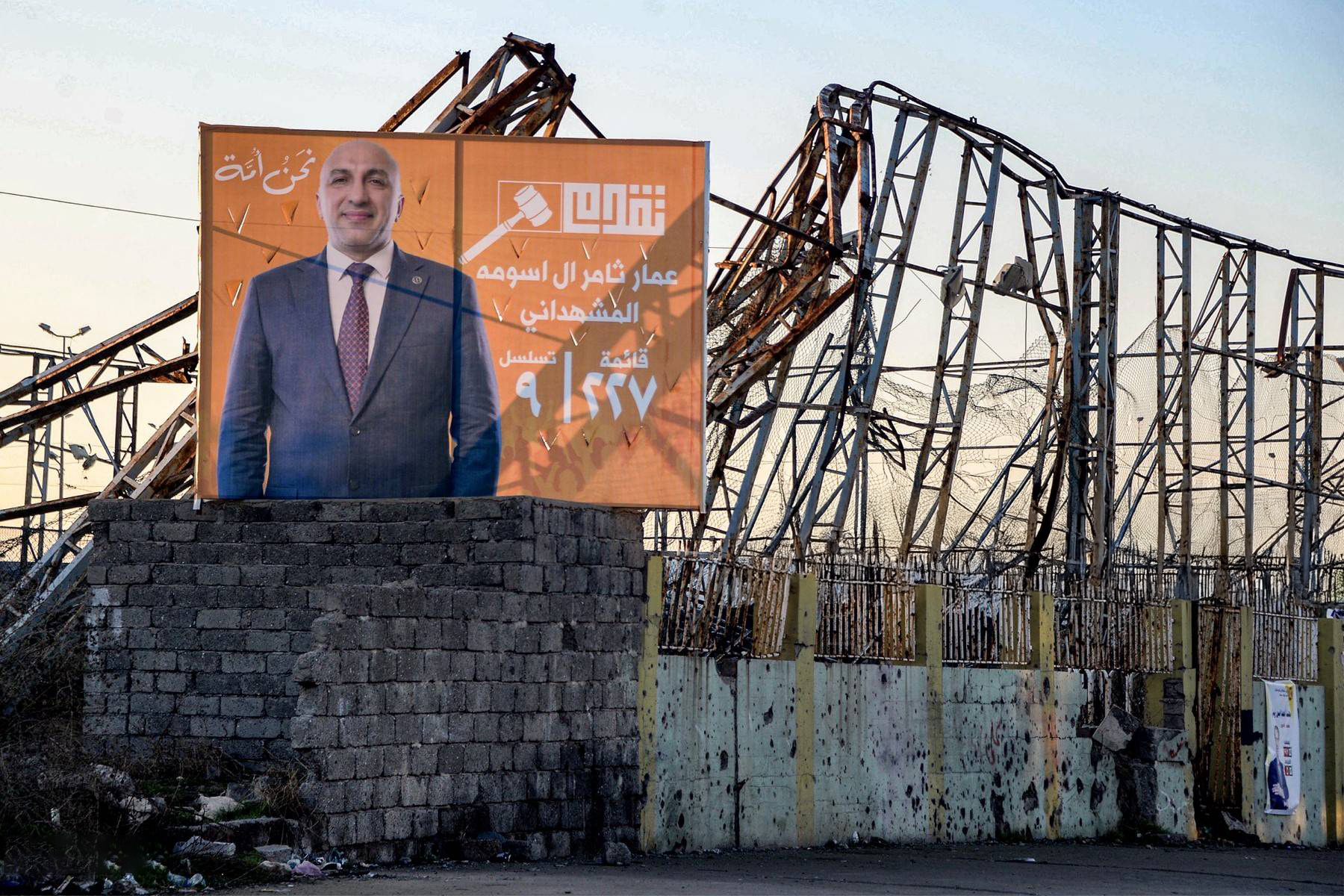Iraq Over Thousands of Candidates Prepare to Contest 323 Parliamentary Seats
“As long as corruption, theft, and lawlessness continue unchecked—what value do elections even have? The law is applied selectively," an Iraqi resident speaking to Kurdistan 24.

ERBIL (Kurdistan 24) – Iraq is heading toward what observers are calling one of the most contentious and uncertain parliamentary elections in its recent history. Scheduled for November 11, 2025, the upcoming vote will pit 310 political parties and thousands of candidates against each other in a sweeping contest for 323 seats in the Council of Representatives.
Growing Voter Apathy and Distrust
Across Baghdad and other parts of the country, a significant portion of the electorate expresses deep skepticism over whether elections will result in meaningful change. Many Iraqis believe that successive parliaments have failed to deliver on promises of reform, services, and accountability.
“I see no point in voting,” said Talib Jabbar, a resident speaking to Kurdistan 24. “As long as corruption, theft, and lawlessness continue unchecked—what value do elections even have? The law is applied selectively. Citizens are denied their rights while elites prosper. People can’t even afford bread.”
This disillusionment is compounded by Iraq’s post-2003 political model, which many critics argue has entrenched sectarianism and elite patronage networks. “They legislate only for themselves,” Jabbar added.
A Call for Accountability
Rasul Qasim, another Baghdad resident, echoed these frustrations and issued a public appeal. “All these MPs belong to parties. They do nothing unless you vote for them. I was dismissed from the army unjustly,” he told Kurdistan 24. “So I am using this platform to ask any candidate or MP to restore my rights—then I and my family will vote for them.”
Such sentiments reflect a broader demand among Iraqis for genuine accountability from their representatives, rather than empty slogans.
Unchecked Political Proliferation
Anwar Musawi, a political analyst, criticized what he described as the “unregulated and excessive” registration of political parties. “There’s a chaotic surplus of parties. The Electoral Commission must introduce stricter criteria for party registration,” Musawi stated. “Millions are being spent during campaigns, draining the country’s resources. Once elected, many MPs turn to corruption.”
The cost of organizing the vote is not trivial either. Iraq’s federal government has earmarked 398 billion dinars to conduct the electoral process this year, reflecting the sheer logistical and financial magnitude of the event.
Between Reform and Repeat
Despite the extensive preparations, Iraq’s electorate remains caught between hope and hardened pessimism. After five parliamentary terms, the prevailing sentiment is that little has changed on the ground. Promises have gone unfulfilled, public services remain weak, and citizens continue to suffer the consequences of political gridlock and systemic corruption.
While the November election provides an opportunity to reset the political course, the credibility of the process itself is on trial. For many Iraqis, it is not just about who wins the next seat in parliament, but whether the incoming lawmakers will break the cycle of dysfunction—or merely perpetuate it.
